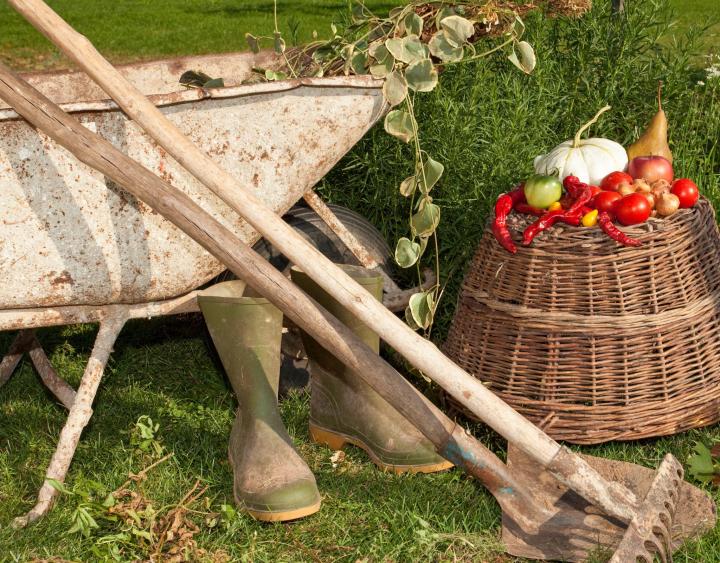
Spring Gardening near me Clean Up Checklist
Let’s start in the vegetable garden by removing all spent crops and residue. If left, these could serve as havens for pests and disease to carry over from this year’s crop to the next. Garden clean up near me especially important to pull out any vegetable plants that are infested with pests or diseases like powdery mildew or blight.
- Prune shrubs.
- Remove winter mulch.
- Brush back leaves on top of plants.
- Pull any dead annuals.
- Remove dead growth from perennials.
- Clean up your vegetable beds.
- Pull the weeds.
- Edge your garden beds.
Also, weed! You may have thought that weeding was over, but experienced gardeners know that fall is the most important time for weeding—even if frost has killed your flowers and veggies. The more you weed now, the less you’ll have to do next spring and summer. Water before you weed to loosen the soil and make your job easier!
Similarly, forking over the ground will help to expose grubs to the cold air and insect-eating birds.
1. Cleaning gardening near me Up Vegetable Beds
It is especially important to pull out any vegetable plants that are infested with pests or diseases like powdery mildew or blight. Do not compost diseased plants. Remove them and burn them, discard them, or bury them where they won’t see the light of day for at least a year.
2. Protecting Winter Crops
If you are growing cool-season crops such as spinach, lettuce, kale, cabbage, brussels sprouts, mustard, collards, or Swiss chard, be sure to protect them from a light frost with a bedsheet, grow cloth, or cold frame. Carrots, parsnips, and other root vegetables can stay in the ground.
3. Maintaining Perennial Flowers
Leave ornamental borders uncut as long as you can bear. Many beneficial bugs shelter among old plant stems and seed heads, which also help to feed the birds. For most perennials, gardening near me there’s no real need to cut back until early spring, when new growth emerges.
4. Mowing the Lawn
Just as we leave some perennials longer, you’re best leaving grass to grow a little longer over the winter. Soil-enriching caterpillars and other bugs bury right down into the thatch; a close-cropped lawn doesn’t do them any favors.
5. Using Leaves Wisely
For a couple of generations, we seem to have forgotten the age-old practices of working with nature, not against it. We rake, mow, and leaf blow away every leaf and bit of nature that actually helps our gardens in the spring.
